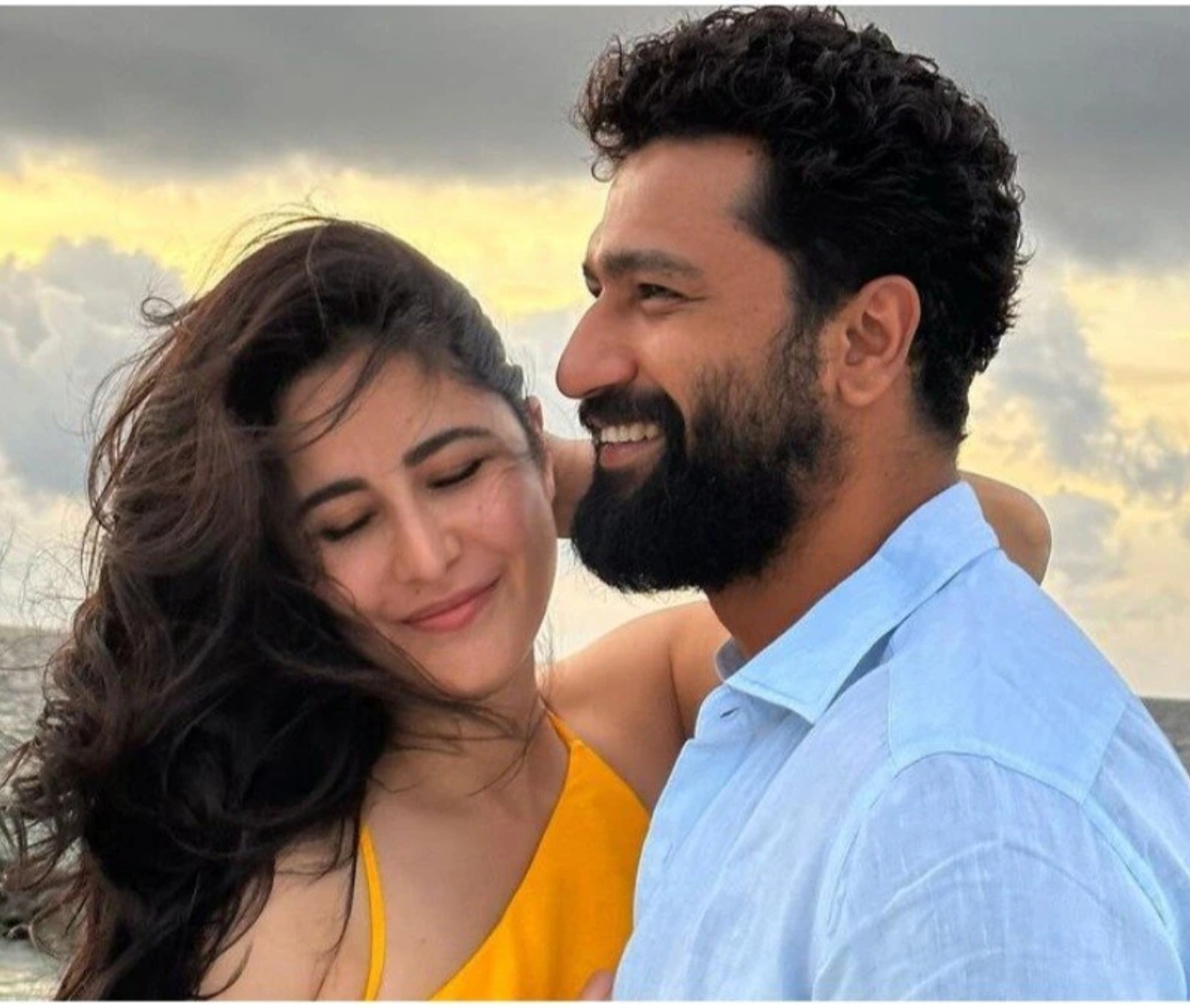The Supreme Court delivered a split verdict on Monday regarding the burial site of a pastor whose body has been in a Chhattisgarh mortuary since January 7.
The court ultimately directed that the burial take place at a designated Christian burial ground 20 kilometers from Chhindawada village.
Justice BV Nagarathna favored burial on the family’s private agricultural land, while Justice Satish Chandra Sharma insisted it should occur at a designated site away from the village. Considering the prolonged delay in the burial due to disputes, the bench refrained from referring the case to a larger bench and issued directions based on the specific circumstances.
The court also ordered the state government to provide adequate security during the burial to prevent any disturbances. “This decision is made in light of the peculiar facts of this case,” the bench noted.
Background of the Case
The controversy arose after Ramesh Baghel, the pastor’s son, petitioned for the burial in an area designated for Christian burials within the village graveyard. According to Baghel, the Chhindawada village graveyard had separate sections for tribals, Hindus, and Christians, and the petitioner’s aunt and grandfather had previously been buried in the Christian section.
However, some villagers objected aggressively, claiming no Christian could be buried in the village, whether in the communal graveyard or on private land. “The villagers issued threats and even turned violent,” Baghel alleged. When tensions escalated, the family sought police intervention. Despite police presence, villagers continued to obstruct the burial, pressuring the family to remove the body from the village.
Previously, the Chhattisgarh High Court dismissed Baghel’s plea, leading him to approach the Supreme Court. On January 22, the apex court expressed its dismay over the situation, emphasizing the need for an amicable resolution and a dignified burial.
Court’s Decision
The Supreme Court’s directive to bury the pastor at the designated Christian burial ground was seen as a compromise. It underscored the importance of respecting religious rites while ensuring public order. The bench’s decision allows the family to perform the last rites, albeit away from their preferred site within the village.
The case highlights tensions over communal and religious identity in rural India, as well as the challenges of balancing tradition, religious freedoms, and societal harmony.
Read More: Distract Mat Hona’, MTV’s Viral Republic Day Ad Sparks Conversations On Priorities, Watch























